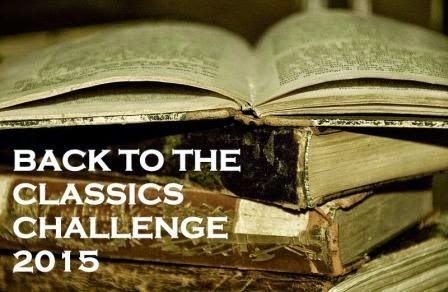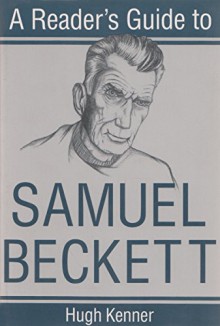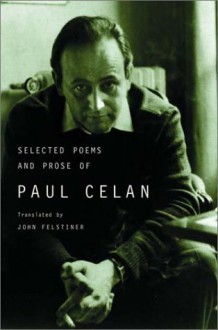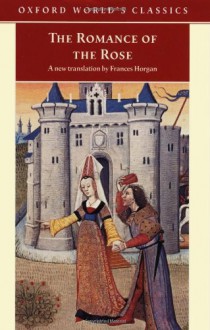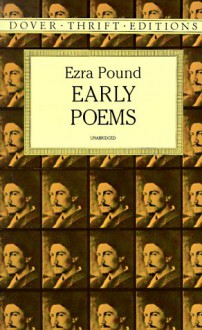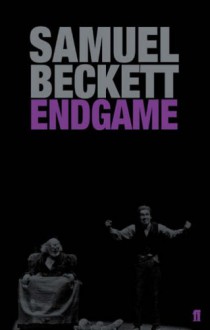
One of the interesting things that I find about Beckett's plays is that he resists the temptation to offer any interpretation to what is going on within the play, or what the play is about. In fact he seems to do completely the opposite in actually denying certain interpretations (while not offering any reason as to what it is about). For instance, when asked if Godot is supposed to be God, his response is no, and asking whether Endgame is set in a post-apocalyptic world, once again his answer is no. However, the title of the play 'Endgame' suggests that this is a play about endings, but not any old endings, but rather an ending in which the protagonist does not want to accept has arrived.
The term Endgame applies to a part of a game of chess coming, surprisingly, at the end. It is suggested by some that at this part of the game the winner has already been defined, however the loser still struggles against all odds in a vain attempt at victory. In a way it plays well into this classic example of the theatre of the absurd with the idea of continuing one's existence, and fighting, despite the fact that one has lost and that there is no way out of that existence.
The main character within the endgame in the play is Hamm, a blind man who cannot stand and is entirely dependant upon his servant Clov (who cannot sit). While most of Hamm's interactions are with his servant Clov, there is an occasional interaction with Nagg and Nell, Hamm's parents, who are confined to a couple of barrels (and it is suggested sometime during the play Nell dies). In a way Hamm seems to vainly clasp on to an idea of hope despite the fact that, for him, the end has arrived; while Clov, the one who actually holds all of the power, is torn between leaving and staying – he desires to leave because Hamm is a demanding and cruel master, but he desires to stay because of his obligation to Hamm.
I feel that the question of whether the world is post-apocalyptic is a moot point because that, I believe, is beyond the scope of the play. However, there is the suggestion that there is nothing left – everything has gone, which brings us back to the question of whether the world is post-apocalyptic. This, in a way, plays into the theme of the title in that for those living in a post-apocalyptic world the end has arrived, however they are not quite there yet and are fighting a vain battle to not just survive, but to win. In another sense, it is a situation that we have brought ourselves into, and in a way we are blind to the fact that we are in that position.
Then there is the motif of blindness, which is something that Sparknotes doesn't seem to touch upon (this is actually a pretty decent website to consider the ideas that come out of various pieces of famous literature). In a way, just as the players in the Endgame may be blind to their predicament, Hamm is himself blind to his own predicament. He is the king of the piece but he is completely reliant upon Clov, who is the queen. Without Clov Hamm is defenceless. However he refuses to realise this and continues to push Clov around. However Clov is also in the same predicament in that there is nothing outside of the four walls of the room (just as there is nothing beyond the chessboard) and as such, while Clov may leave, there is nothing for Clov outside of the place. Thus for Clov to have any meaning, Clov must be here because, well, Clov is Hamm's servant, and that is the definition that he is given himself – without that definition Clov is effectively nothing.
I recently saw a permformance of this play, and have written up some further (and similar) thoughts on my blog.


 Log in with Facebook
Log in with Facebook 




